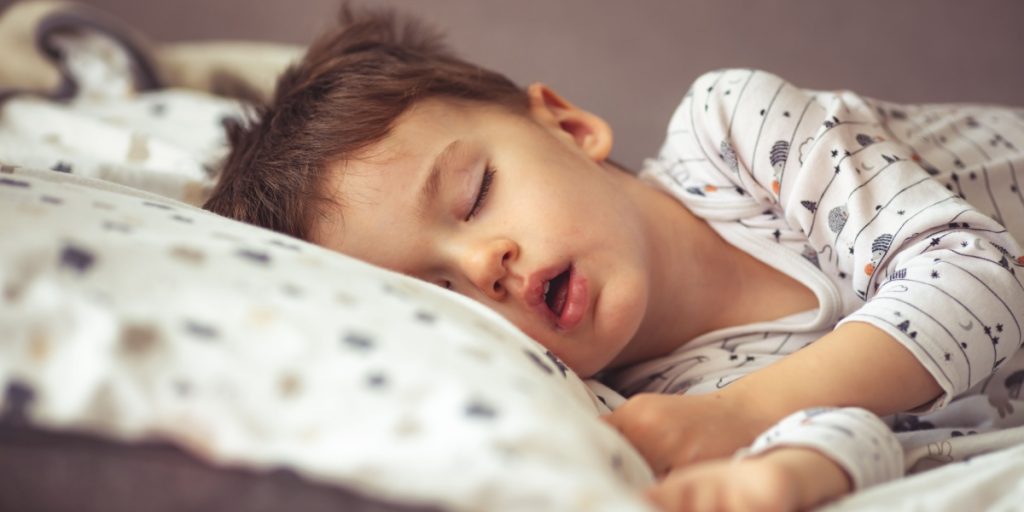Children who experience chronic lack of sleep from infancy may be at increased risk of developing psychosis in early adulthood, new research shows.
Others are reading now
New research from the University of Birmingham suggests that children who experience chronic sleep deprivation from infancy are at a higher risk of developing psychosis in early adulthood.
The study, which tracked sleep patterns from 6 months to 7 years old in a large cohort, found that children with persistent insufficient sleep were more than twice as likely to develop a psychotic disorder and nearly four times as likely to experience a psychotic episode in early adulthood.
A Predictor of Future Mental Illness
This groundbreaking study, published in JAMA Psychiatry, is the first to demonstrate that ongoing lack of sleep can be a strong predictor of psychosis later in life.
Also read
Dr. Isabel Morales-Muñoz, the lead author of the study, emphasized the importance of addressing sleep issues during childhood.
“While it’s normal for children to have sleep problems at various points, persistent sleep issues should not be ignored as they may be linked to later psychiatric conditions,” she stated.
The study used data from the Avon Longitudinal Study of Parents and Children (ALSPAC), which involved 12,394 children from infancy through early childhood and followed up with 3,889 of these individuals at 24 years old.
Although the findings indicate an association between sleep deprivation and later psychosis, the researchers have not established a direct cause-and-effect relationship.
Factors such as immune system health were also considered; inflammation levels measured in childhood were used to assess whether immune impairments could explain the sleep-psychosis link, suggesting a possible partial role.
Dr. Morales-Muñoz’s research is supported by the Mental Health Mission Midlands Translational Centre at the University of Birmingham, funded by the National Institute for Health and Care Research.
The centre focuses on testing and validating treatments for early psychosis and depression in children and young adults, aiming to develop interventions that impact those at risk of mental health disorders.


